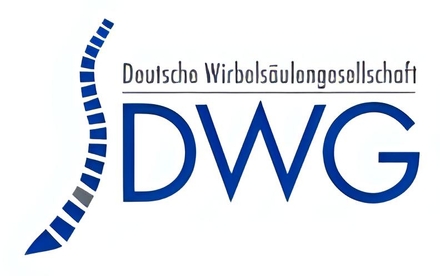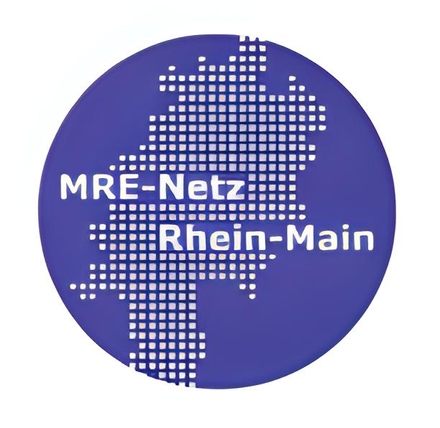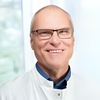Overview
Size & Capacity
Medium, 200 beds
Clinic type
General
Type of care
Inpatient, Outpatient
Age group
Kids, Adults
4.4 on Google
The data collected based on 459 patient reviews on Google
Certificates
Features & Facts
About the clinic
Primary focus
Departments & Doctors
Gallery

COPD — what to do when medications no longer help? #gesundheitsforumffm

Lung cancer diagnosis and surgical treatment options #gesundheitsforumffm

PerMedicon 2015 - Prof. Dr. Arnulf H. Hoelscher
Extra services
Location
Ginnheimer Str. 3, 60487 Frankfurt am Main, Germany
FAQ
What is unique about cancer treatment at St. Elisabethen Hospital Frankfurt?
Interventional radiologists have exceptional expertise in treating cancer by handling needles and using fine catheter tubes and wires to navigate the body under imaging guidance. This therapy has many patient benefits, such as reduced risks, faster recovery, and shorter hospital stays.
Is foot surgery available at the clinic?
A separate department specializing only in foot surgery applies minimally invasive treatment using the newest technique of modern implants with angular stability. Thanks to this, specialists can now minimize the movement restrictions associated with the operation.
Can a hospital treat scoliosis in children?
A full range of diagnoses and treatments for spine diseases for children and adults is available at the clinic. In addition, the department is one of the few in Germany that offers dynamic scoliosis correction. The new gentle surgical technique provides a long-term result and prevents complications.
Get individual treatment plan and cost estimate. Non-binding 100% free assessment.
© St. Elisabethen Hospital Frankfurt am Main


























